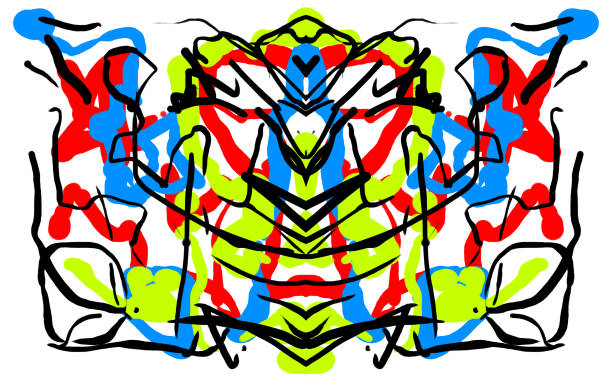The Emergence of Neo-Tribalism: A Modern Social Landscape
As society continues to evolve, new patterns of social organization emerge, challenging our conventional understanding of community and identity. One such pattern is neo-tribalism, a contemporary social movement that is redefining our sense of belonging and collective identity. Discover the fascinating world of neo-tribalism and its implications for modern society. Read below for an in-depth exploration.

The Roots of Neo-Tribalism
Neo-tribalism, as a social phenomenon, finds its roots in the late 20th century, a time marked by rapid technological advancements and globalization. As the world became increasingly interconnected, traditional social structures began to break down, paving the way for new forms of social organization. Neo-tribalism emerged as a response to these changes, offering a sense of community and belonging in an increasingly fragmented world.
Understanding Neo-Tribalism Today
In today’s society, neo-tribalism manifests as a collective desire to reconnect with our primal roots, seeking a sense of belonging not in geographical or familial ties, but in shared interests, values, and experiences. These new “tribes” are fluid, dynamic, and often virtual, transcending traditional boundaries of race, class, and geography.
Neo-Tribalism and Cultural Shifts
The rise of neo-tribalism reflects broader cultural shifts towards personalization and customization. Today’s consumers are no longer satisfied with one-size-fits-all solutions; they seek products, experiences, and communities that reflect their unique identities and values. This trend is evident in everything from personalized marketing strategies to the rise of niche social media platforms.
Implications of Neo-Tribalism
The implications of neo-tribalism are profound and far-reaching. On one hand, it offers a sense of belonging and community in an increasingly individualistic society. On the other hand, it risks reinforcing echo chambers and deepening social divisions. Understanding these dynamics is critical for navigating the complexities of our modern social landscape.
Neo-Tribalism: A New Social Order?
As we move forward, neo-tribalism will likely continue to shape our social landscape, challenging our understanding of community, identity, and belonging. However, it’s important to remember that neo-tribalism, like any social phenomenon, is a product of its time, shaped by broader social, cultural, and technological trends.
In conclusion, neo-tribalism offers a fascinating lens through which to view our contemporary society. It serves as a reminder of our primal need for community and connection, even in an era characterized by profound technological advancement and individualism. As we continue to navigate the complexities of our modern world, understanding the dynamics of neo-tribalism will be essential.





